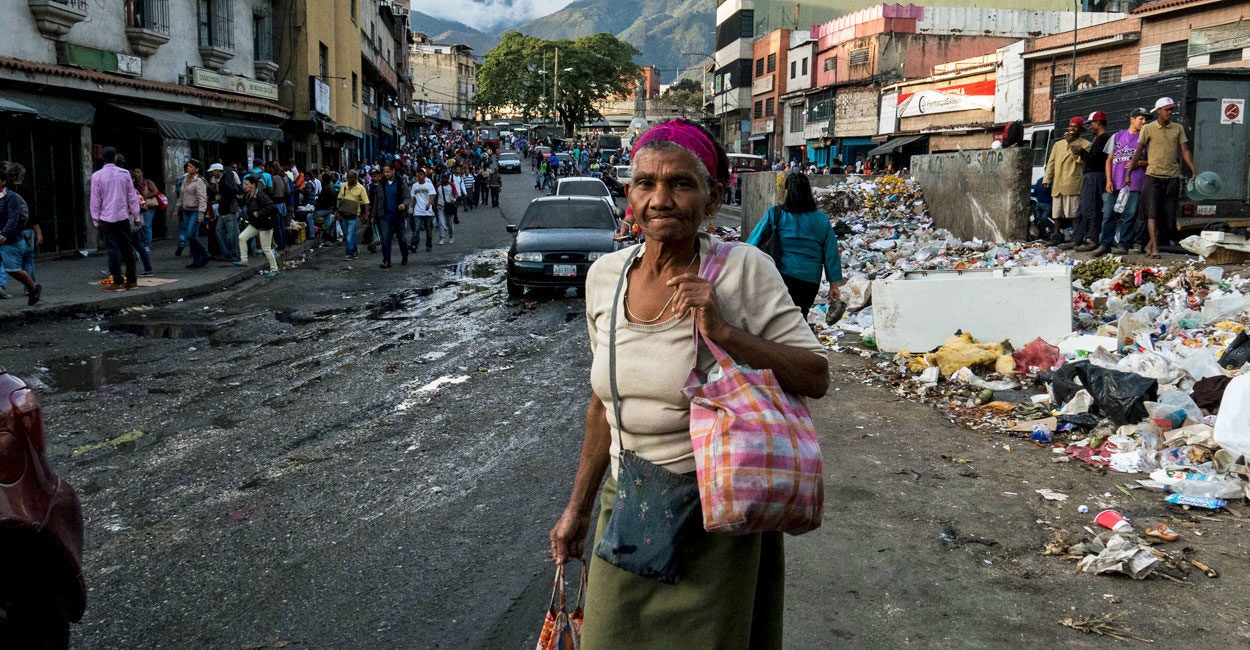
Interessen for Maos Lyst lever stadig
skriver
Kathrine Albrechtsen og
Mette Henriksen og
Mikael Østergaard i lokalavisen
Villabyerne.
Med
markante personligheder på postkassen som Troels Kløvedal og Ebbe
Kløvedal Reich blev Maos Lyst et kendt kollektiv i offentligheden, og er
i dag et af Danmarks ældst eksisterende, som i år kan fejre sit 50 års
jubilæum.
… Interessen for Maos Lyst lever stadig.
Derfor har kollektivets beboere i anledning af jubilæet valgt at
invitere lokalområdet ind fredag den 17. august for at afmystificere
huset ved at vise, hvordan et moderne kollektiv kan se ud i dag.

Alle blev dog ikke begejstret,
deriblandt
Inger Glerup:
Jeg blev rigtig glad for denne oplysning. Jeg går ofte forbi Maos
Lyst, da jeg bor på Tuborgvej tæt derpå og har tit tænkt, det kunne være
spændende at komme indenfor og besøge kollektivet. Så nu var chancen
der, virkelig et godt initiativ.
Så jeg meldte mig til, som man skulle og vandrede forventningsfuld
derhen kl. 15.30 med min paraply, da det desværre var blevet regnvejr.
Stor var min skuffelse, da jeg så opdagede, at det åbne hus betød, at
man kunne være ude i haven fra kl. 15- til kl. 23-, hvor der var et par
små åbne telte, man kunne søge ly under, hvis man var heldig og der var
plads. Huset kunne man ikke få at se, for ”så kunne de jo ikke bestille
andet end at vise frem”, som en beboer forklarede.
Kære beboere i
Maos Lyst, jeg syntes, det var en fremragende ide at invitere indenfor
til åbent hus, men når invitere indenfor og åbent hus bestod i at
opholde sig i haven i regnvejr, følte jeg mig helt ærligt lokket til af
forkerte oplysninger.



På den 25. september 2018 kom en forkortet version af følgende brev i
Villabyerne årgang 113 nr 39, side 11:
Inger Glerup
beklager sig over at, man under hendes besøg til Maos Lyst i anledning
af det "åbne hus" for at fejre kollektivets 50-års-dag ingen adgang
havde til huset selv – idet hele festivitesen foregik i "et par små åbne
telte [i haven], man kunne søge ly [fra regnvejret] under, hvis man var
heldig og der var plads." I stedet for at være skuffet over "at
opholde sig i haven i regnvejr", skulle hun ikke være henrykt? Over at
have fået en (enorm) god lektie om socialismens/kommunismens løfter? og
om hvad man faktisk oplever når "drømmen" (sic) bliver virkelighed?
Seneste eksempel er Venezuela, hvor, efter næsten 20 år af den
Bolivariske Revolution, borgerne i hvad var engang Sydamerikas rigeste
land nu kan nyde manglen på mad, medicin og toiletpapir, samt
strømafbrydelser, hyperinflation, og generelt en økonomi i frit fald,
mens millioner af folk søger at flygte til nabolandene.
I dette sammenhæng har der været meget humor over at en Fox News
journalist har sammenlignet Venezuela med Danmark. Der har utvivlsomt
været overdrivelse i den reportage, men kan det ikke virke lidt
indskrænkende at den eneste lektie, som danskerne synes at have taget
fra kontroverset er (igen) at de konservative amerikanere er ikke andet
end nogle uvidende tumper som burde vide mere om verdenen? (Samt
selvfølgelig den stedsegrønne drøm om at USA burde efterligne
Skandinavien og – endelig – få et socialistisk samfund.)
Sig mig: Har danskerne ikke egentlig også en lektie at lære? Som
måske er vigtigere… At når "tosserne" er betænkelige om lande (eller
rettere om revolutionernes ledere) der har valgt socialismen, har de
ofte haft… god grund til det? Er Chavez's Venezuela (efter bl.a. Lenins
USSR, Ceausescus Rumænien, og… Maos Kina) ikke et godt bevis på det?
Har alle lande (eller rettere, alle revolutionernes ledere) ikke lovet
samme fremtid i skandinavisk stil?
Hvem kan forudse
med sikkerhed, om en venstreorienteret regime vil følge Denmarks
eksempel eller Venezuelas? Er der nogen, der har svar på det?











